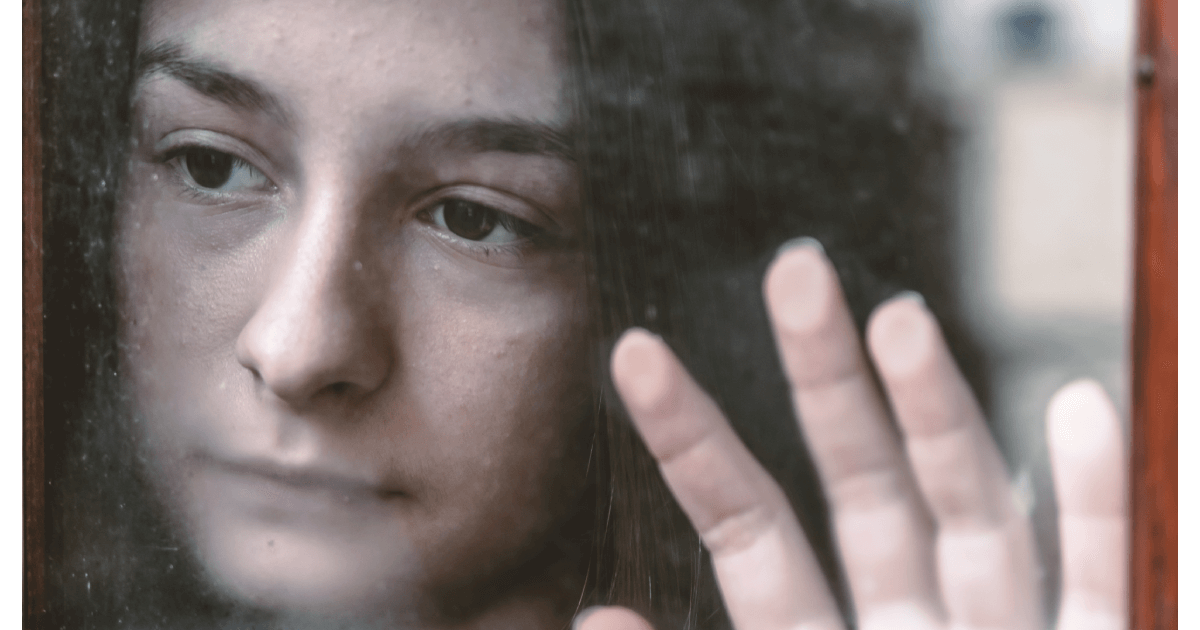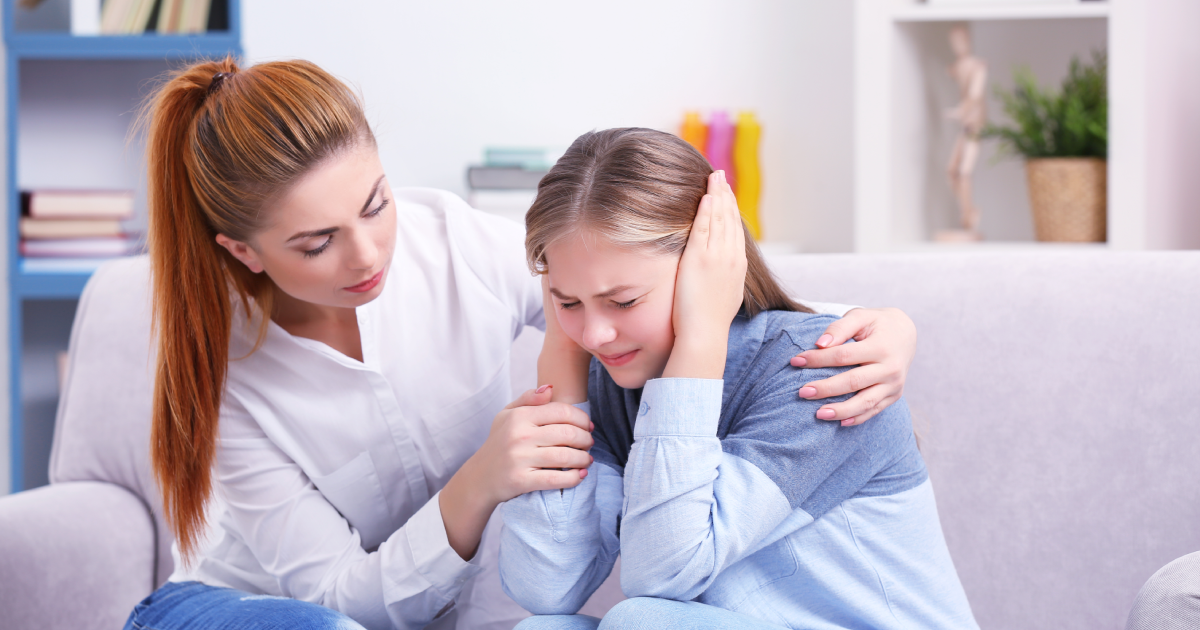Adolescents are one of the vulnerable groups as they are experiencing this difficult time of transition along with their socio-emotional and physical changes.
The covid-19 pandemic has undoubtedly resulted in a deep psychological impact on individuals (Asmundson and Taylor, 2020; Li et al., 2020). It’s been over 6 months now that the schools have been shut in India and students are attending virtual classes. The uncertainty of COVID-19 has impacted the adults and children alike. Adolescents are one of the vulnerable groups as they are experiencing this difficult time of transition along with their socio-emotional and physical changes as per the study of Larsen and Luna, 2018 and Sturman and Moghaddam, 2011.
It is quite a known fact that schools provide an opportunity for holistic and overall development of children. To adolescents, school means interaction with peers, school means learning new perspectives and ideas, school means developing socio-emotional quotient, school means learning social skills, school means shaping their own identity and role and hence school means acquiring various life skills apart from academic knowledge.
Studies have time and again proved that adolescents’ focus and priority in their teenage years start revolving around their peers and social circles. This is the time when they are preoccupied with their self-image, need attention from peers, need to impress and please friends as well as wanting to be accepted in their social circles. Their formation of self-identity and self-esteem all are rooted in their transactions with their social circle.
The covid-19 outbreak and being quarantined at homes has resulted in various adverse consequences on lives of teenagers: worrying and uncertainty about future, sudden shutting down of school, increased time on their tech devices, home confinement with parents, no athletic/physical activity, acute stress, feelings of loneliness and anxiety. Odriozola-González et al., 2020 mentioned about studies conducted in Spain have established that large number of children experienced anxiety and depression during the initial weeks of the lockdown.

Studies have time and again proved that adolescents’ focus and priority in their teenage years start revolving around their peers and social circles.
Some of the major psychological impacts one can expect and see the teenagers experiencing are discussed below.
Loneliness and missing socialization: As defined in the work of Tomoya et al. 2020 he established how prolonged isolation and confinement could result in social craving which has brain craving activity very similar to neural responses to hunger. Social distancing and quarantine as a result of COVID-19 has made adolescents prevent hanging out with their friends which is one of the crucial markers of adolescence. This could result in frustration, irritability and even anger with the whole ongoing scenario.
One of my students expressed how she does make sure to catch up with her friends over video calls and texts but really misses hanging out, carrying out pranks and just whiling away time together in school.
Missing out on major events: The lockdown happened when it was just about time for the previous academic year to pass school and enter college. The sudden lockdown resulted in teens and young adults losing onto some major year-end events and celebrations for instance, farewell and spending some last days with friends. Isha Goswami (passed out year 12 in 2020) shared how she felt miserable on not being able to say a proper goodbye to her friends or even getting dressed up in a saree for her farewell (a big day for every adolescent student). Uncertainty around college admissions has also contributed to the stress, apprehension and anxiety in them.
Infact the current grade 12 is also on the verge of entering their board preparatory time in next couple of months. These students are spending last year of their school life sitting at home and unable to enjoy with friends, having fun and moreover, making memories!
I recently spoke to a few students in grade 12 and they expressed their apprehension, sadness and frustration about missing onto their last leg of school life. They clearly sounded hurt, upset and even irritated. No matter how much they socialize with their peers on calls, the feeling of spending last few days of school with your friends in person is priceless and irreplaceable.
Impact on self: Adolescents, as a result of all that discussed above have been reportedly undergoing a lot of uncomfortable experiences such as sleep disturbances, appetite changes and feelings of loneliness and isolation. With the lockdown, just like adults, teenagers too have experienced great amount of change in their routines.
Sri (Grade 9) shares, “Since the lockdown has begun, our whole routine has gone for a toss. We are sleeping late, eating junk and spending a large amount of time in front of the screens. The rules that my parents had laid down for me and my brother have all been forgotten because of this lockdown.”
It won’t be uncommon to see many teenagers experiencing a range of intense emotions from fear and anger to sadness and grief because of such mixed and major changes in their life suddenly.
Confinement and struggle with parents: It is a well-known fact that during adolescence, teenagers prefer spending time alone or with friends and wanting more space from parents. Due to this lockdown and confinement where they have to forcibly stay with their parents 24×7 has made things tougher for them. Priya (pseudo name, grade 11) shared, “It is sometimes very frustrating to see that parents’ involvement has increased since we all have started staying at home. They want to know everything I am doing and they comment on everything like my clothes too”.
Some of the parents shared that the amount of disagreements, arguments and conflict has doubled between them and their teenage children during this pandemic. They shared that more than ever, the adolescents are preferring to stay in their rooms and watching shows online or spending time on their phones.
However, after considering all these psychological impact of COVID-19 on adolescents, we cannot not mention the amount of optimism, positivity and resilience one could expect from this age group. The ability to bounce back from a challenging, stressful and an uncertain situation could be best expected by these teenagers who also add a sense of hope and optimism for all of us for wishing this pandemic’s end soon.
Some of the parents shared that the amount of disagreements, arguments and conflict has doubled between them and their teenage children during this pandemic.

KashishBehl is a psychologist working with an International school in Gurugram as a counsellor. She has been working with children for 8 years now, first as a social worker and then as a psychologist.

